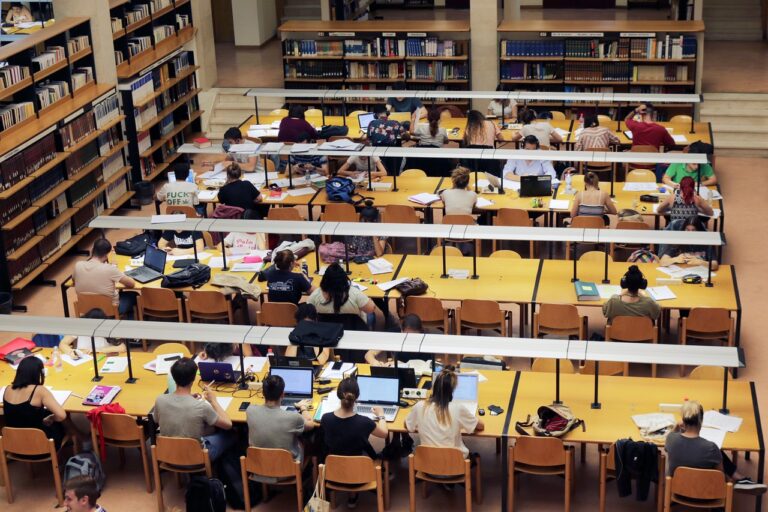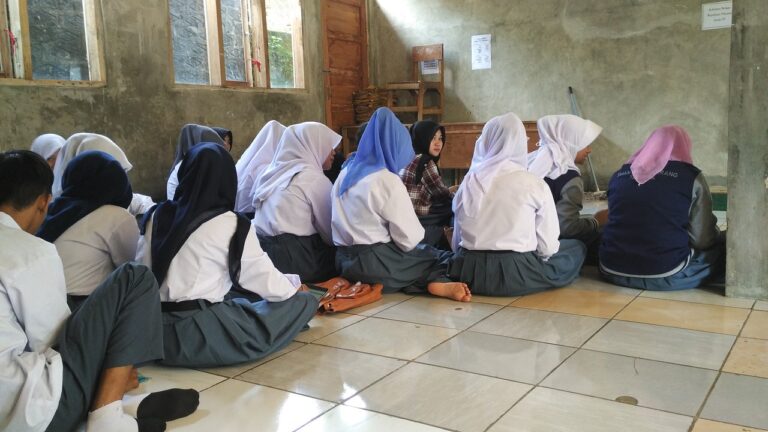The Impact of Education on Environmental Sustainability
Environmental literacy is essential for individuals to understand the intricate relationships between the environment and human societies. Through education, people can develop a deeper appreciation for the natural world and cultivate a sense of responsibility towards preserving it. By being environmentally literate, individuals are better equipped to make informed decisions that contribute to the sustainability of our planet.
Moreover, a strong foundation in environmental literacy enables individuals to critically analyze environmental issues and advocate for positive change within their communities. When people are knowledgeable about environmental concepts, they are more likely to engage in sustainable practices and support initiatives that aim to protect the environment. Ultimately, fostering environmental literacy is crucial in shaping a society that values and prioritizes the well-being of our planet for future generations.
Understanding the Connection Between Education and Sustainability
Education and sustainability are intricately linked, with the former playing a crucial role in nurturing a mindset that values and prioritizes environmental stewardship. By instilling knowledge about ecological systems, resource conservation, and the impacts of human activities on the environment, education empowers individuals to make informed decisions that contribute to sustainable practices.
Moreover, education serves as a catalyst for promoting behavior change towards more eco-friendly practices. When individuals are equipped with the necessary knowledge and skills, they are more likely to adopt sustainable behaviors in their daily lives, such as reducing waste, conserving energy, and supporting environmentally responsible businesses. Ultimately, education acts as a powerful tool in shaping attitudes and inspiring action towards building a more sustainable future for generations to come.
Promoting Eco-Friendly Behaviors Through Education
Environmental education plays a crucial role in shaping individuals’ attitudes and behaviors towards sustainability. By integrating eco-friendly concepts into the education system, students are exposed to the importance of preservation and conservation from an early age. This early exposure can lead to a greater understanding and appreciation of the environment, encouraging students to adopt sustainable practices in their daily lives.
Educators play a key role in promoting eco-friendly behaviors by incorporating environmental themes into their teaching curriculum. By incorporating real-life examples and hands-on activities, educators can effectively engage students in learning about environmental issues and solutions. Empowering students with the knowledge and skills to make informed decisions about their impact on the environment can help create a generation of environmentally conscious individuals committed to preserving our planet for future generations.





